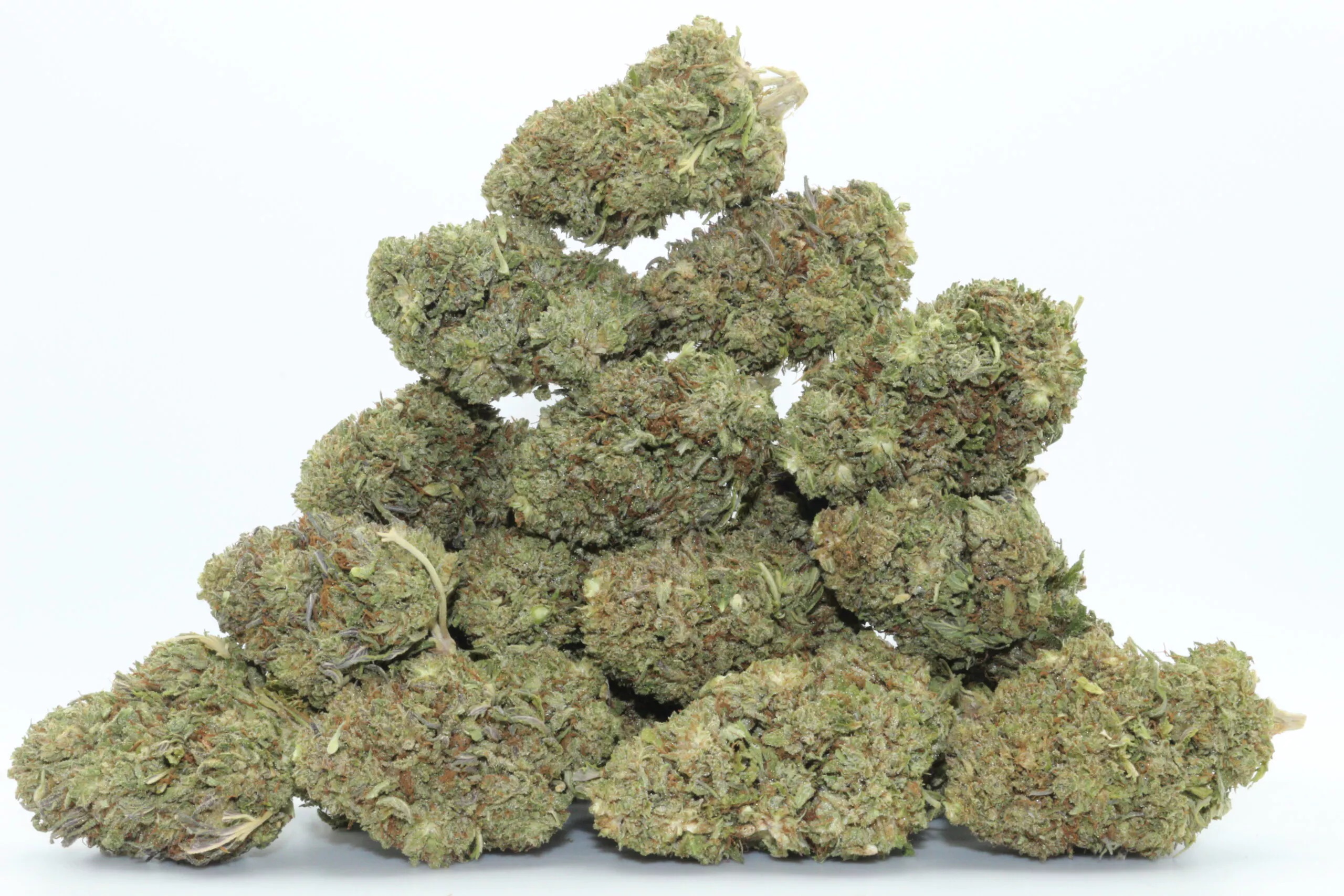By Sulaiman Aruna Sesay
Depression and addiction are two serious problems that affect millions of people across the globe, and Sierra Leone is no exception. According to recent statistics, the country is grappling with an increasing number of young people who are falling into the clutches of drug addiction, particularly Kush. Kush, an illegal drug, has become increasingly popular among young Sierra Leoneans, with devastating consequences. Sadly, many of these young people are spiraling into depression, which is exacerbating the issue. It is imperative to carefully analyze this situation to understand why it is happening and to discuss possible intervention measures to address it.
To begin with, it is worth acknowledging that Sierra Leone has been through a lot of turmoil in the recent past, especially during the decade-long civil war that ended in 2002. This conflict left a significant number of people traumatized, with many resorting to various unhealthy coping mechanisms to deal with the aftermath. As much as the country has made significant progress in the last few years, the scars of the past linger on, and they are manifesting in various ways, including substance abuse. Additionally, many young people face various challenges such as unemployment, poverty, and lack of opportunities. The economic situation in the country is not favorable, and many young people are struggling to make ends meet. In such circumstances, Kush addiction may seem like a viable escape route from the harsh realities of everyday life.
Kush addiction is a major concern because it is not only illegal, but it is also harmful to the user’s health and well-being. Studies have shown that Kush can cause significant damage to the brain, leading to memory loss, cognitive impairment, and mental health problems such as depression. Therefore, it is not surprising that many young people in Sierra Leone who use Kush are struggling with depression. Depression is a complex mental health issue that requires a multifaceted approach to manage. Unfortunately, many young people who are depressed and addicted to Kush are not receiving the help they need. The situation is made worse by the stigma associated with mental health issues in Sierra Leone and the reluctance of young people to seek help, fearing judgment and discrimination.
To address this situation, various approaches need to be taken, including education, advocacy, and intervention plans. Effective education is essential in raising awareness about the dangers of substance abuse and mental health problems. Schools, communities, and religious institutions can play a crucial role in educating young people and parents on the risks associated with substance abuse and the importance of seeking help when struggling with mental health problems. Advocacy is another vital aspect of addressing the issue, particularly in raising awareness about the challenges that young people face and the need for government and non-governmental organizations to provide support. Intervention programs need to be developed to help young people who are struggling with dual diagnoses (depression and addiction) to receive the help they need. This can include counselling, rehabilitation, and other support frameworks.
In conclusion, Kush addiction and depression among Sierra Leonean youths are a serious problem that requires urgent action. Addressing this situation is a complex issue that requires a holistic approach from various stakeholders, including the government, non-governmental organizations, communities, parents, and young people themselves. Education, advocacy, and intervention plans are some of the strategies that can be used to address the issue. By working together, we can help young people who are depressed and trapped in Kush addiction to reclaim their future and lead healthy and fulfilling lives.













